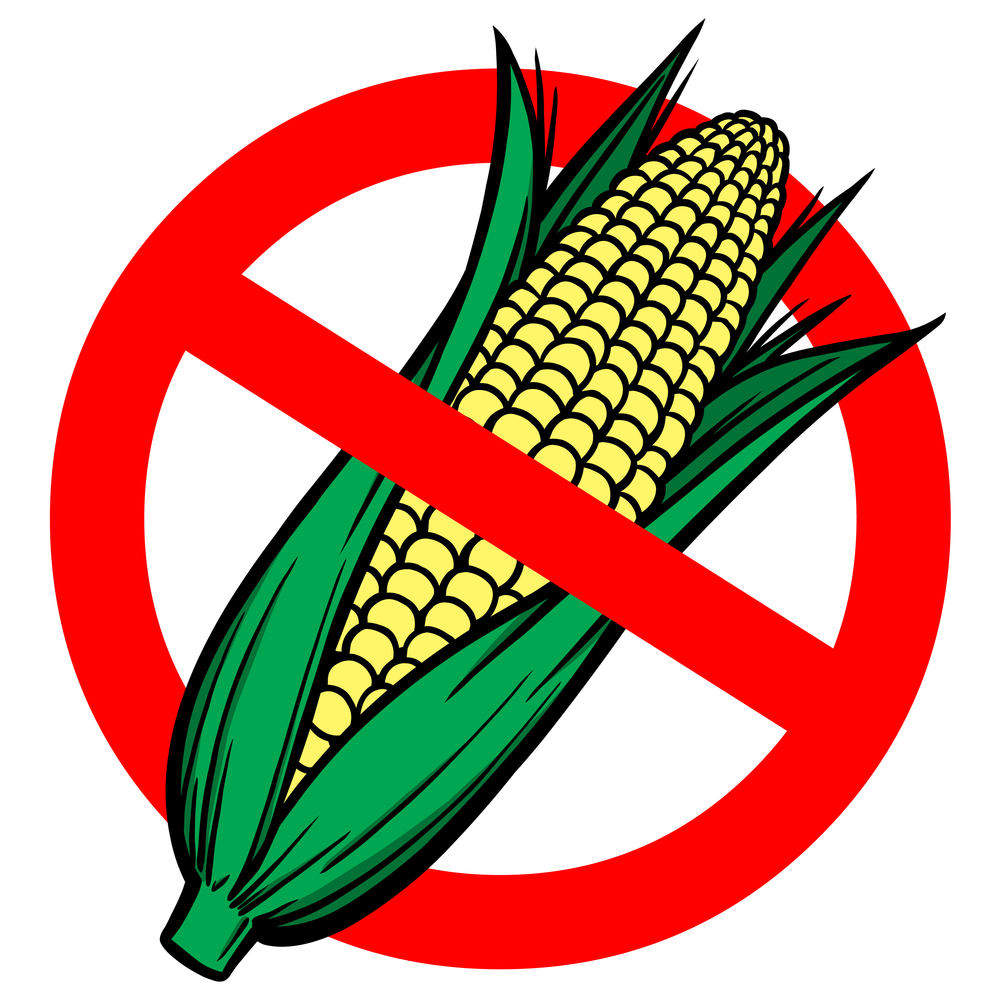Many packed products such as chocolate, biscuits, cola, fruit juice include corn syrup. Experts say that corn syrup is much more harmful than natural sugar from sugar beets. Noting that corn syrup inhibits the feeling of satiety, experts also say that fructose in cornstarch is addictive and does not evoke a feeling of satiety. Corn syrup also creates a feeling of eating more food with the negative effects it creates on the brain.
A much Stronger Sweetener Than Glucose
Corn syrup is more preferred in the food sector than natural sugar from sugar beet. This is because corn syrup costs less than natural sugar. Because sweetener power is high, a small amount of sweetener can sweeten much more products and extend the shelf life of the product.
Calories from glucose and fructose are more dangerous than calories from starch and glucose, such as potatoes and bread. In corn syrup, starch is broken down and converted into glucose. Then the glucose is converted into fructose. Corn syrup consists of 80 percent fructose and 20 percent glucose. But in sugar, which is more natural and derived from sugar beets, for example, fructose and glucose ratio is 50-50 percent. Fructose is a stronger sweetener than glucose.
Causes of Diseases: Fructose
Corn syrup causes insulin resistance, obesity, vascular diseases and diabetes. Insulin resistance also causes tumors to grow. Because cancer cells use sugar as fuel. There is no need for insulin to metabolize the fructose that reaches the liver. Moreover, it quickly converts to triglyceride and the tank becomes fat. Of all sweeteners, fructose is the fastest converting fat.
The best is Natural Sugar
The damage created by refined sugar in the body is slightly less than that of corn syrup. We need to know that we should be content with the sugars we take from vegetables and fruits that we call natural sugar. When we cannot say stop to dessert, we should prefer those made with sugar obtained from sugar beet.

